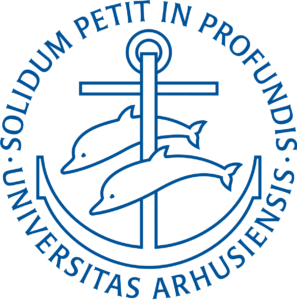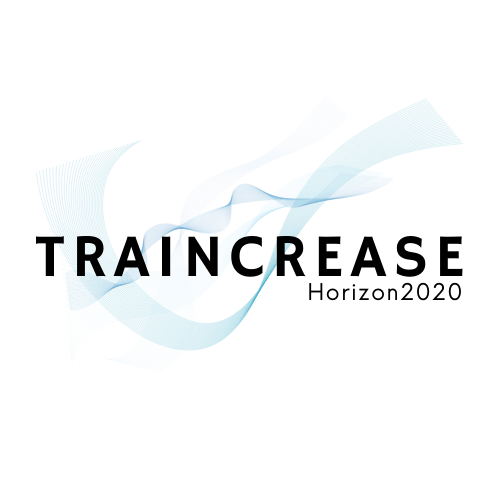Aarhus University

Aarhus University (AU) was founded in 1928. It has four faculties – Faculty of Arts, Faculty of Science and Technology, Faculty of Health Sciences and School of Business & Social Sciences. The four faculties cover the entire research spectrum – basic research, applied research, strategic research and research-based advice to the authorities. AU has 39,000 students; about 1,800 PhD students – of which one in four has a foreign nationality – and close to 900 postdoctoral scholars together with 11,500 employees. As such, internationalisation is a key part of AU’s mission and it continuously works to strengthen the international profile of the University through a series of initiatives, which will increase international research partnerships and the number of international students. AU has been establishing itself as a university for cutting-edge research, and has been moving up the most important university ranking lists. In 2018, the university is ranked at number 111 at the Leiden Ranking, number 141 at the QS World University Ranking, and number 123 of 17,000 universities on the Times Higher Education World University Ranking. AU has participated in 295 FP7 and 282 H2020 projects – 21 and 32, respectively, as coordinator – and has hosted/is currently hosting 54 ERC projects. AU has a very successful track record of managing both individual fellowships and large international projects and of hosting visiting researchers of all career stages for both training and knowledge transfer purposes.
Specific expertise & Resources
At AU, TRAINCREASE will be associated with the internationally renowned Interacting Minds Centre (IMC), a transdisciplinary hub at AU bridging research in cognitive science, language sciences, anthropology, philosophy, health and natural sciences in search for mechanisms of social coordination and reasoning. Furthermore, the project will benefit from the advanced infrastructure for behavioural and neurocognitive research constituted by the Cognition and Behaviour Lab, presenting cutting edge equipment for eye-tracking, physiological measurements, EEG, VR, computer-network studies, etc., and the Center For Functionally Integrative Neuroscience (CFIN), with state-of-the-art technologies for brain-imaging studies fMRI, MEG, and TMS.
